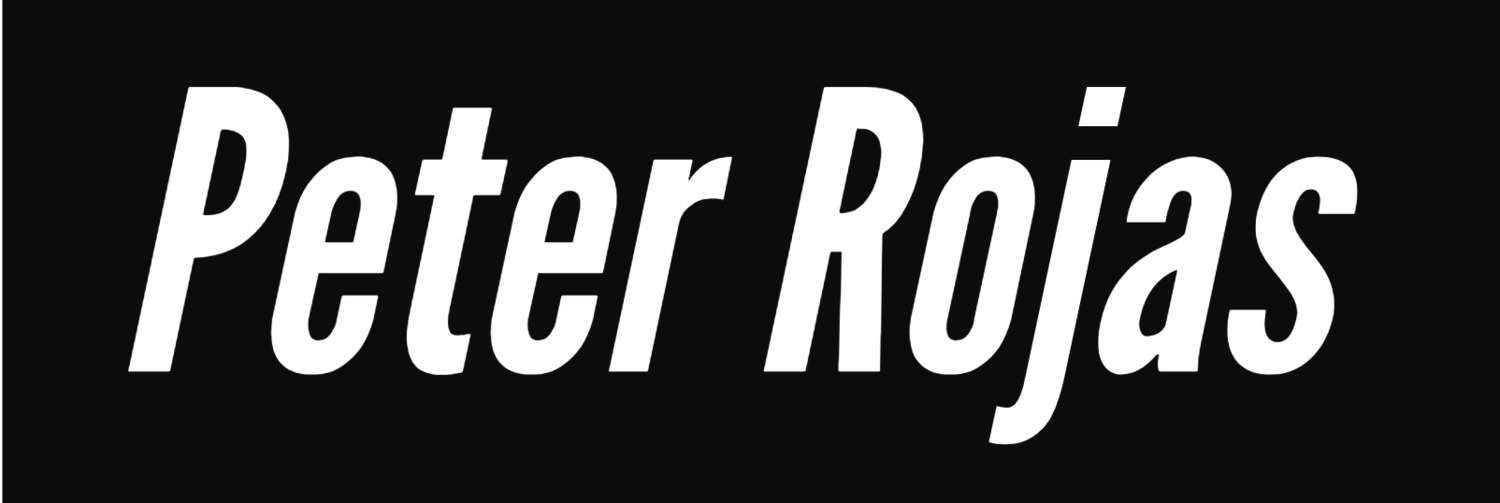I was on the Engadget Show earlier this week talking about the biggest tech stories of the year and our picks for gadget of the year. I went with the Galaxy Nexus and the 13-inch MacBook Air.
What I want in an online music service
What I really want in an online music service is something that combines the streaming catalog of an RDIO, Spotify, or Rhapsody with the ability to upload whatever isn't in their catalog to a locker. I'd settle for a service that scanned my collection and then uploaded whatever wasn't already available in Spotify to Google Music or Amazon Cloud Player. Somehow I don't expect either to happen, though perhaps some enterprising developer will hack together the latter.
The books I read this year
- American Gods by Neil Gaiman
- At Home: A Short History of Private Life by Bill Bryson
- Brave New World by Aldous Huxley
- Ecotopia by Ernest Callenbach
- Steve Jobs by Walter Isaacson
- The Grand Design by Stephen Hawking
- The Great Stagnation by Tyler Cowen
- The Lost Worlds of 2001 by Arthur C. Clarke
- The New Capitalist Manifesto by Umair Haque
- The Next Decade by George Friedman
- Zero History by William Gibson
I also read all five A Song of Fire and Ice books by George R. R. Martin (I read through the first four in about a month so I could read the new one when it was released):
- Game of Thrones
- A Clash of Kings
- A Storm of Swords
- A Feast for Crows
- A Dance with Dragons
- 1491 by Charles Mann
- The Information by James Gleick
- A Short History of Nearly Everything by Bill Bryson
Neglected
I've obviously been neglecting my blog here. There are a variety of reasons why -- I've been posting my tech-related writing to gdgt and more general stuff to Google+ and Twitter -- but I'm going to try writing here more again.
Some thoughts on what that TechCrunch intern did and how this is not normal for tech blogging
I've been blogging for a long time now -- going on nine years now, even if I'm not doing it professionally anymore -- and if there's one thing that bugs me is the contention that blogs can't live up to, or even exceed, the editorial standards of newspapers and magazines. In fact, I've written for magazines, newspapers, and blogs, and I can say that I've seen far more ethical lapses at magazines than I've ever seen at any of the blogs I've written for. Which is why I think that Arrington did the right thing by going public about a TechCrunch intern's acceptance of -- and apparently demand for -- compensation from companies seeking coverage on the site. It was important to draw a very clear line in the sand there and make it clear that this sort of thing is unacceptable and not business-as-usual.
And to me that's the crucial thing here, that this sort of quid pro quo is not common in the tech blogosphere. There's a lot of cynicism out there about blogs, but I think that a lot of us forget that the core quality that defines any publication is credibility. It takes time to accrue it, and the way you keep it is by being honest with your readers and transparent about your relationships. And part of being credible means going beyond transparency and recognizing that there are things you simply don't do. My basic rule when I was running Engadget was: Don't do anything you wouldn't feel comfortable disclosing any blog post, but also don't pretend that simply disclosing something absolves you of all responsibility not to have an inappropriate relationship with the companies you're writing about.
What frustrates me is that stories like today's are only going to fuel the cynicism that's out there, and widen this belief that everyone is on the take or has compromised their integrity. I can tell you that almost every single technology blogger I know (and there are always some exceptions) takes what they do very seriously and has a clear understanding of what their ethical boundaries are. And I can also tell you that people who level accusations like "Oh, I bet Apple paid them to write this" has absolutely zero understanding of how media companies work or even of how technology companies do their advertising, marketing, and PR.
I think it's always a good idea to read things with a critical eye, but constantly asserting that every time someone on a tech blog writes something you disagree with does so because they're on the take does nothing to improve the quality of journalism out there and actually does harm because it makes things like today's incident seem less important and more common than it really is.
UPDATE: I put this up and then five minutes later see that Jason has some thoughts posted as well.
